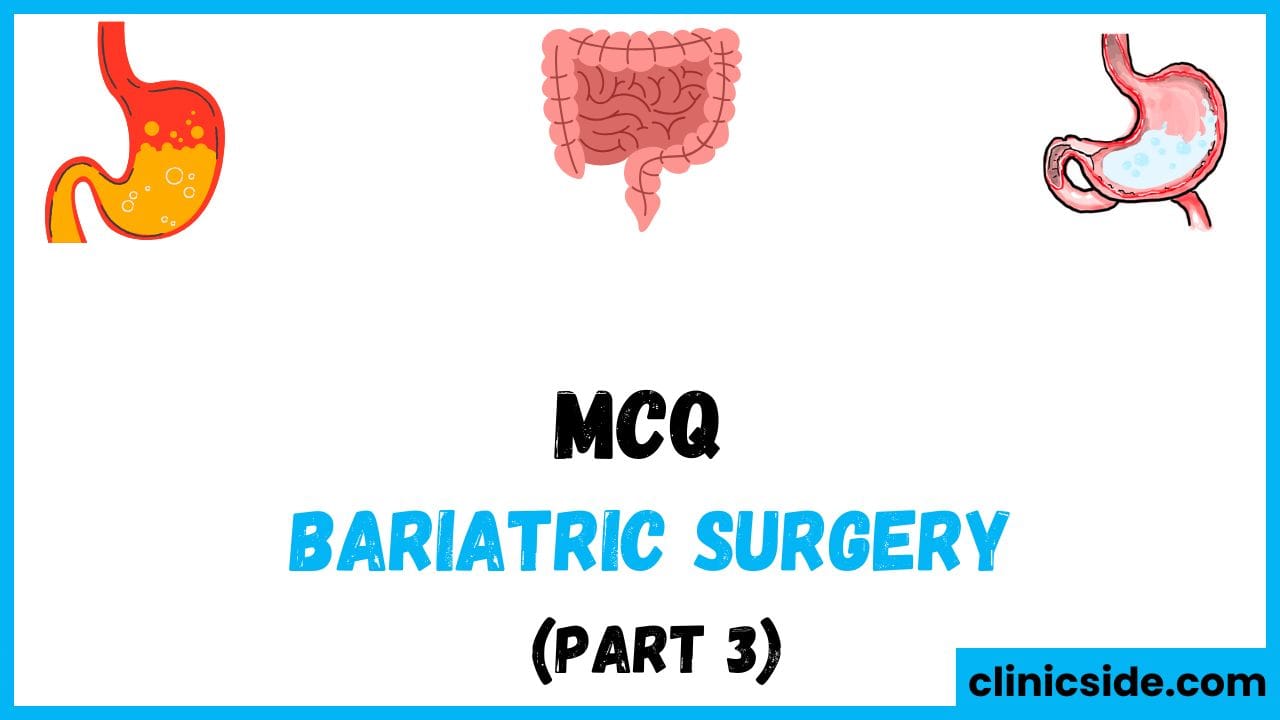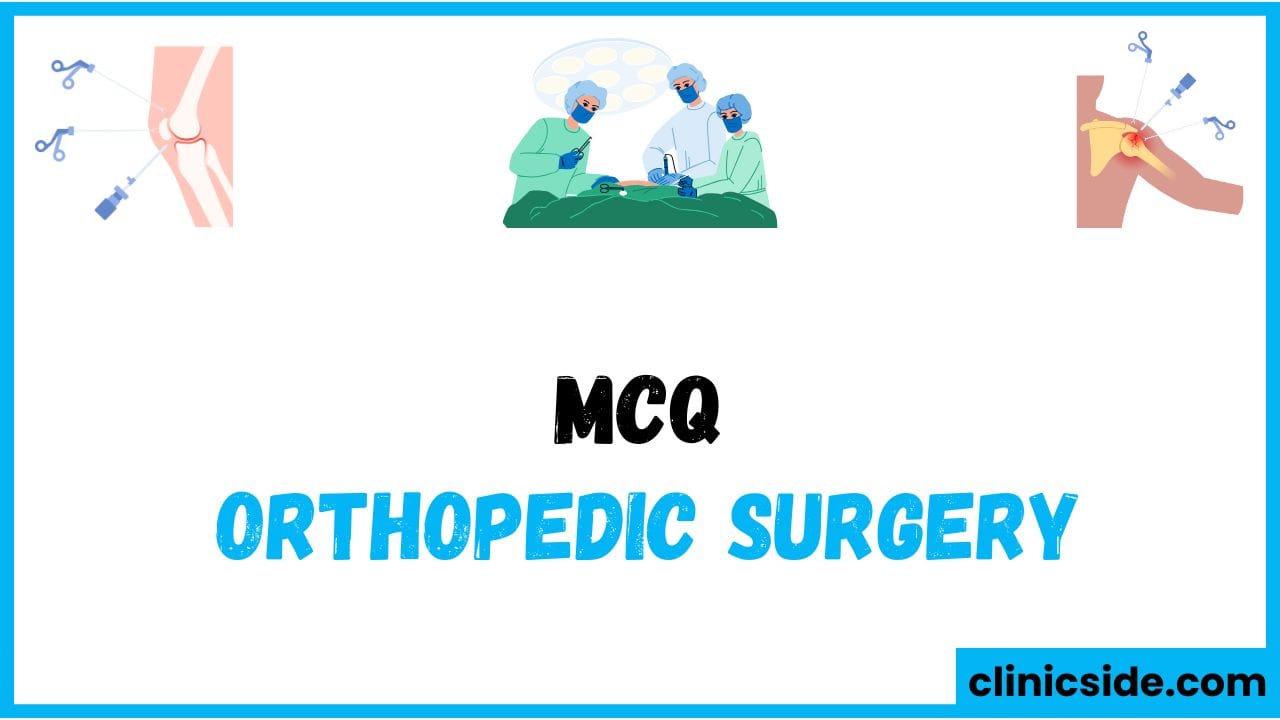Quiz
Available options: 1 to 20
Summary of the MCQs on Bariatric Surgery
Eligibility Based on BMI for Bariatric Surgery
Eligibility for bariatric surgery depends on a patient’s Body Mass Index (BMI). For individuals without any additional health conditions, a BMI of 40 or higher is required. Patients with a BMI of 35–39.9 may qualify if they suffer from serious obesity-related conditions like Type 2 Diabetes. Those with mild obesity and no comorbidities are not considered candidates for the procedure.
Health Conditions Supporting Surgery Recommendation
Certain medical conditions strengthen the recommendation for bariatric surgery. Patients with severe obesity and diseases such as Type 2 Diabetes Mellitus, hypertension, or obstructive sleep apnea benefit significantly from the procedure. Bariatric surgery is particularly effective in managing cardiovascular risks and improving metabolic health outcomes.
Contraindications to Bariatric Surgery
Bariatric surgery is not suitable for patients with certain medical or behavioral issues. Some absolute contraindications include:
- Pregnancy, which rules out surgery.
- Active cancers that need immediate treatment.
- Severe untreated psychiatric illnesses, which require stabilization before surgery.
Patients with alcohol dependence or recent cardiac events, such as myocardial infarction, are also not ideal candidates.
Psychological Evaluations Before Surgery
Before bariatric surgery, patients must undergo a psychological evaluation to ensure mental readiness. The assessment focuses on identifying any eating disorders or mental health concerns that could impact surgical outcomes. Untreated conditions like binge eating or severe depression must be addressed beforehand. Patients are also advised to quit smoking and alcohol to reduce complications.
Pre-Surgical Preparations and Requirements
Proper preparation is essential for successful bariatric surgery. Patients are often required to:
- Lose 5–10% of body weight before surgery.
- Quit habits like smoking and alcohol consumption.
- Follow dietary adjustments and prepare for lifestyle changes post-surgery.
Stabilizing conditions like severe depression and improving overall health increases the likelihood of successful outcomes.
GERD and Barrett’s Esophagus Treatment Options
Specific bariatric procedures are more effective for certain conditions. Patients with severe gastroesophageal reflux disease (GERD) or Barrett’s esophagus benefit most from the Roux-en-Y Gastric Bypass. This procedure reduces acid reflux symptoms and improves the overall quality of life compared to sleeve gastrectomy or gastric banding.
Candidates Unsuitable for Bariatric Surgery
Not all patients are appropriate candidates for bariatric surgery. For example:
- Those with poorly managed alcohol or drug dependence.
- Patients who fail to quit smoking or meet weight loss targets.
- Individuals with severe, untreated psychiatric conditions.
Ensuring these factors are addressed improves patient safety and success rates.
Age Considerations for Bariatric Surgery
Bariatric surgery is most suitable for patients aged 18 to 65 years. Although younger (10–18 years) or older (70+ years) individuals may undergo surgery in exceptional cases, this age range ensures optimal results and reduces post-surgical risks.
Relative vs. Absolute Contraindications
Certain conditions either delay or completely prevent surgery. Relative contraindications, like a recent heart attack, require stabilization before proceeding. However, absolute contraindications, such as active cancer, disqualify a patient from undergoing surgery. Proper preoperative assessments help identify and manage these issues.
Long-Term Benefits of Bariatric Surgery
Bariatric surgery provides significant benefits for individuals struggling with obesity-related conditions. It is particularly effective for managing metabolic diseases, improving cardiovascular health, and reducing weight-related complications. Long-term success depends on patients adopting healthier lifestyles, including dietary changes, exercise, and follow-up care.
Conclusion
Bariatric surgery is a proven solution for severe obesity and associated health problems. By following strict eligibility criteria, addressing contraindications, and preparing adequately, patients can achieve sustainable weight loss and substantial health improvements.





